
 Seven Samurai
by
Seven Samurai
by
 Tokyo Story
by
Tokyo Story
by
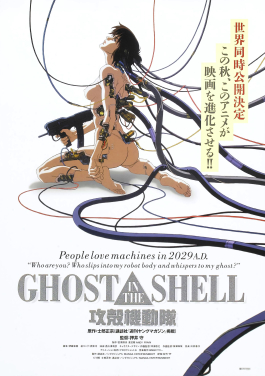 Ghost in the Shell
by
Ghost in the Shell
by
 Ugetsu
by
Ugetsu
by
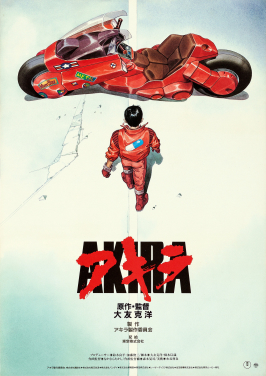 Akira
by
Akira
by
 Shoplifters
by
Shoplifters
by
 Perfect Blue
by
Perfect Blue
by
 Battle Royale
by
Battle Royale
by
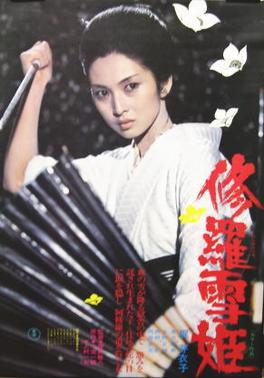 Lady Snowblood
by
Lady Snowblood
by
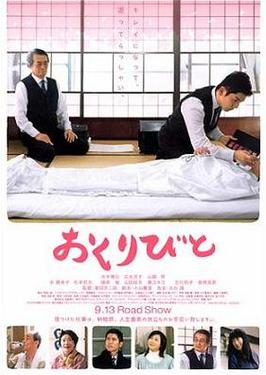 Departures
by
Departures
by
 The Emperor and the Wolf
by
The Emperor and the Wolf
by
 Japanese Cinema: An Introduction
by
Japanese Cinema: An Introduction
by

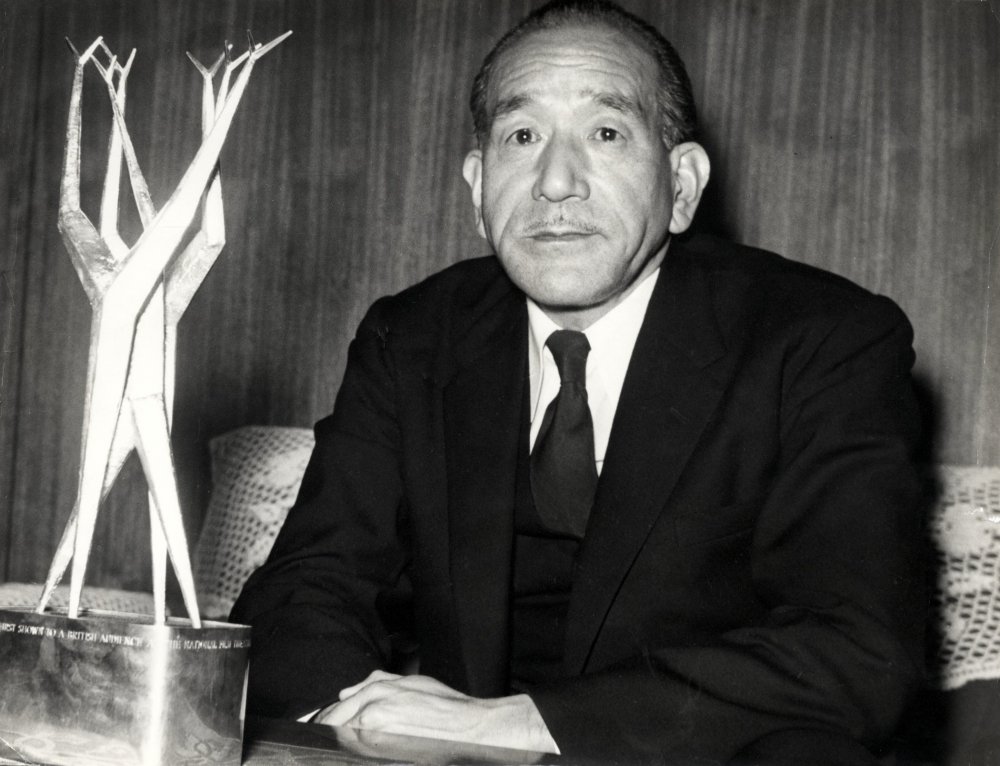





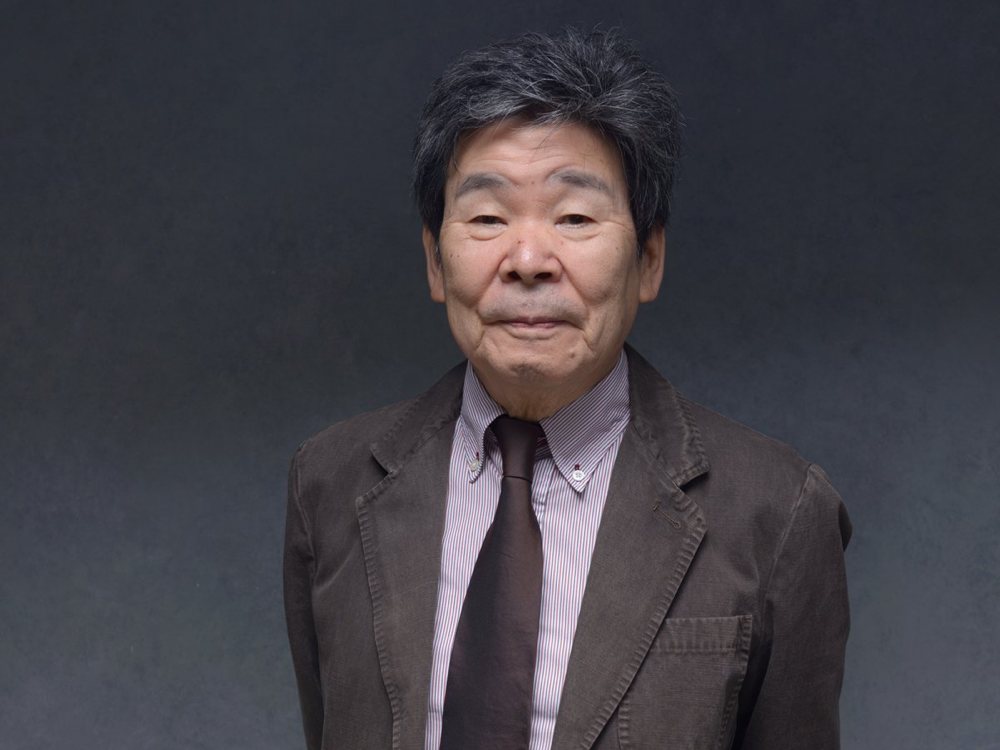



Explore our Studio Ghibli collection, available in the library!